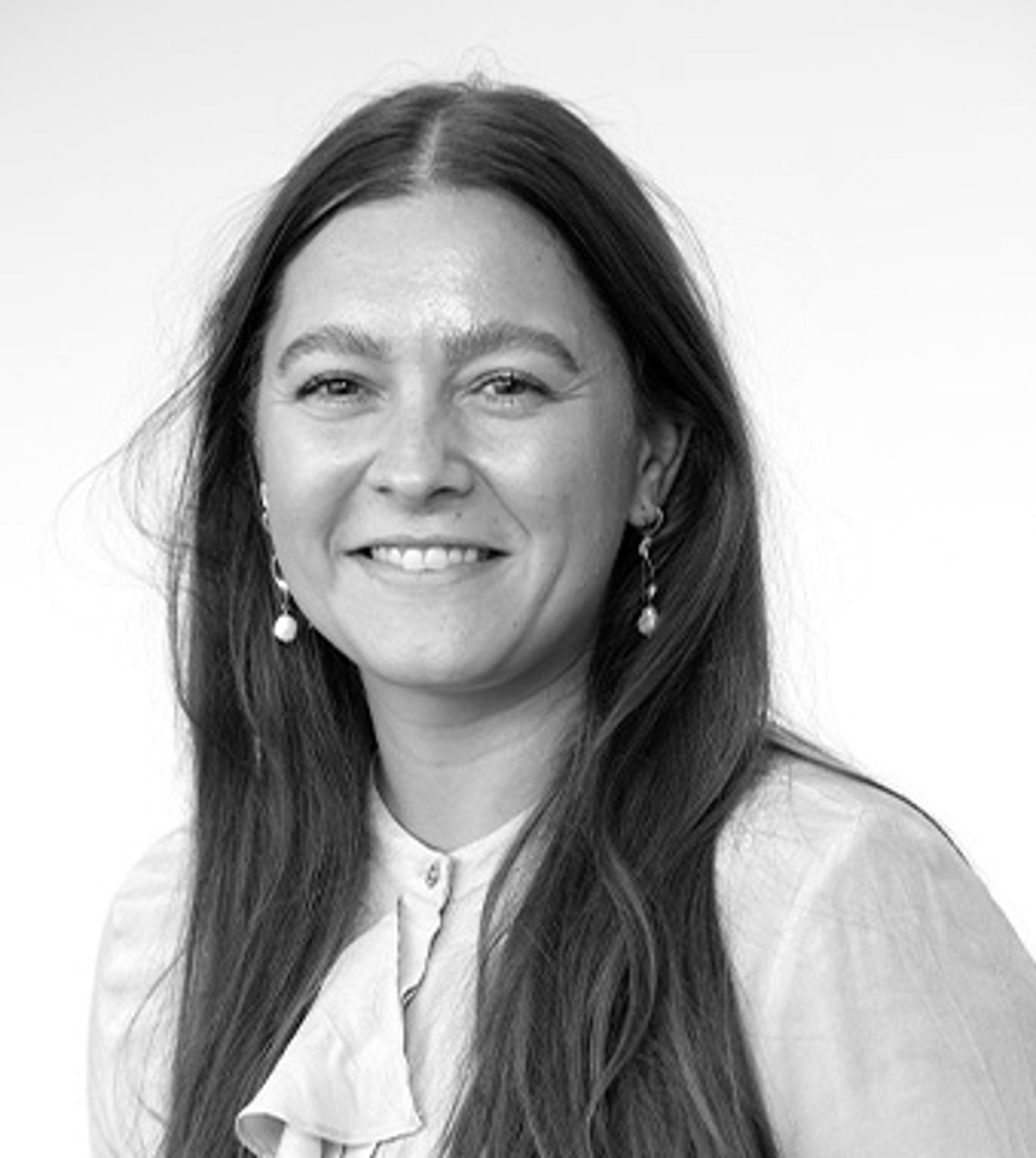CO2QMON

Facts
Project period
Total budget
1,800,000 kr.Partners
Kraftvarmeværk
Projektet er en del af CO2Vision.
Konsortiet bag CO2Vision består af Green Hub Denmark, Energy Cluster Denmark, Erhvervshus Nordjylland, Aalborg Universitet, Professionshøjskolen UCN, Aalborg Portland A/S, Arbejdsmarkedskontor Midt/Nord, NordDanmarks EU-Kontor / NorthDenmark EU-Office og Business Region North Denmark.
About the project
Challenge
Currently, there are no established and universal standards for the quality of CO2 gas produced by carbon capture facilities. Existing standards for CO2 used in the food and beverage industry focus on purity but do not account for potential impurities in CO2 captured from processes such as municipal waste incineration.
Future requirements for the purity of CO2 from energy-producing facilities will depend on the intended application of the gas (e.g., Power-to-X fuels or permanent storage). While several specific but varying requirements exist from companies working on permanent CO2 storage in underground reservoirs, the specific impurity standards for individual facilities remain undefined.
It is therefore crucial to prepare systems for monitoring and managing the quality of the product gas. A data management and reporting system must align with CO2 cluster collaboration recommendations regarding the establishment of pipeline infrastructure for CO2 transport.
Solution
The project's goal is to define and develop a system for monitoring, quality assurance, management, and reporting of CO2 produced for shared pipeline infrastructure. The methodology will be exemplified by CO2 gas produced at a carbon capture facility, with a particular focus on quantities and quality. The aim is to provide a tangible solution that can serve as a de facto standard, demonstrated and documented through the project.
Key project activities include:
Requirements Specification Review:
- Review and describe the requirements for the quality of CO2 gas produced at individual carbon capture facilities.
- Identify the expected standards needed to supply CO2 to a national infrastructure.
Method Recommendation:
- Recommend suitable methods for analyzing and monitoring impurities in CO2 gas based on the identified specifications.
- Evaluate the limitations of existing systems, such as those used in the food industry, for application in a commercial CCUS infrastructure.
Demonstration of Practical Solutions:
- In collaboration with Olicem, Kraftvarmeværk Thisted (KVVT), and FORCE Technology, demonstrate practical solutions for a monitoring system (metering skid) to determine the quantity and quality of captured CO2.
- Use existing (test) facilities for capturing gas and identify appropriate test sites as part of the project.
Automated Reporting Systems:
- Build and demonstrate an automated reporting solution for measurement data, including systems for quality assurance in accordance with relevant standards, to serve as a de facto standard.
Testing and Documentation:
- Conduct testing and demonstration of the reporting system using data from the demonstration test.
- Compile data and prepare the final project report with comprehensive documentation.
Impact
Denmark’s total CO2 equivalent emissions amount to approximately 44 million tons per year. According to Dansk Affaldsforening, waste incineration alone produces over 2 million tons of fossil CO2 annually, in addition to a similar amount of biogenic CO2 emissions. Therefore, it is critical for major CO2 emitters to have access to monitoring systems that ensure quality control, management, and reporting of impurities in CO2 gas produced at carbon capture facilities.
Market Potential:
- Project partners estimate that CO2 data management and quality assurance in Denmark alone represent a market potential of over 200 million DKK, with additional potential for ongoing operations and auditing services.
Employment Impact:
- According to Dansk Industri, the green transition, including CCUS initiatives, is expected to create 290,000 additional job-years over the next decade.
Want to learn more?

Skibsbyggerivej 5, 3. sal.
9000 Aalborg
Navitas
Inge Lehmanns Gade 10
8000 Aarhus C
House of Offshore Innovation
Kanalen 1
6700 Esbjerg
Port House
Vendersgade 74
7000 Fredericia
BLOXHub
Bloxhub, Bryghusgade 8, 3. sal,
1474 København K
Energy Cluster Denmark
Nørre Havnegade 43
6400 Sønderborg
©Energy Cluster Denmark 2025